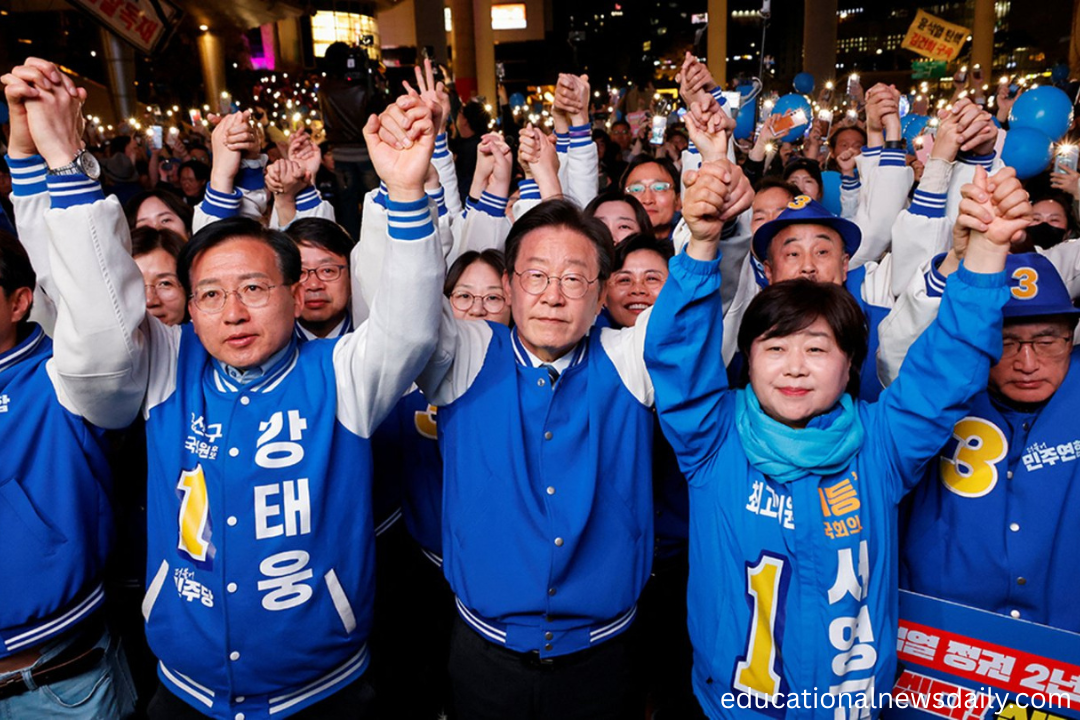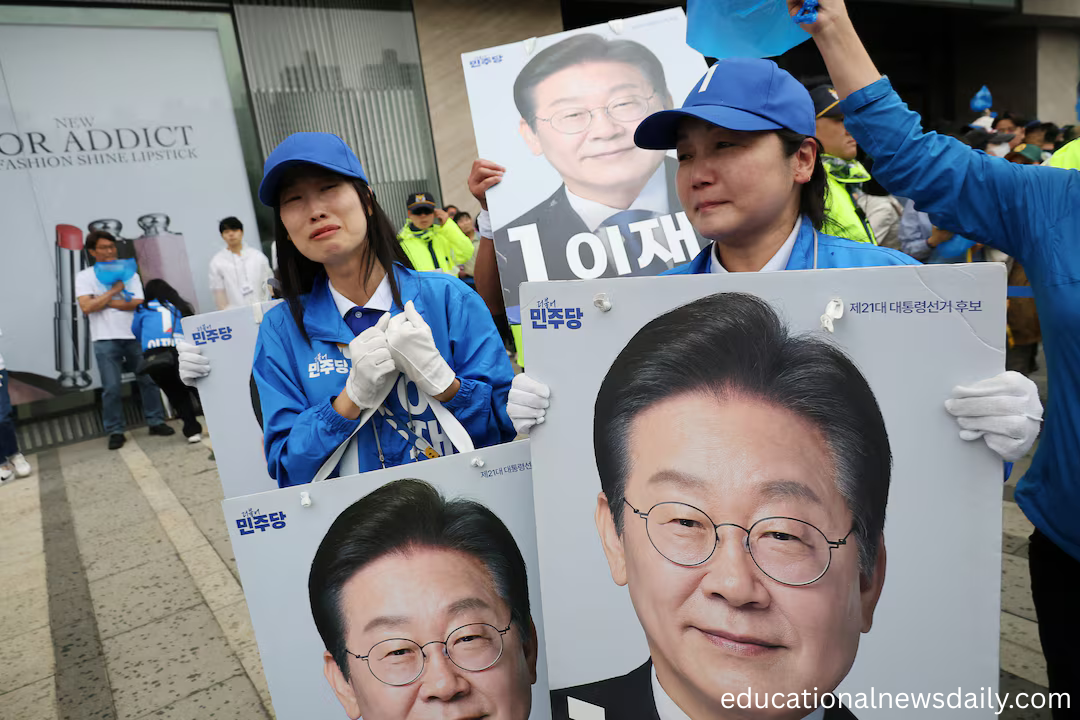South Korea’s presidential election is approaching, with candidates intensifying their efforts to secure votes in the final stretch. The political climate in South Korea remains highly competitive as contenders present their visions for the country’s future. With key issues such as the economy, security, and social reforms at the forefront, South Korea’s electorate is closely watching each candidate’s platform.
Leading Contenders in South Korea’s Presidential Election
South Korea’s presidential race features several prominent candidates from major political parties. Each hopeful represents distinct policy approaches and ideologies, aiming to resonate with various voter demographics. The ruling party candidate emphasizes continuity and stability in South Korea’s economic policies, while the opposition hopefuls push for reform and more significant social equity.
Critical Issues Influencing South Korea’s Voters
Economic growth, job creation, and housing affordability are among the top concerns for South Korea’s voters. The younger generation in South Korea is mainly focused on employment opportunities and rising living costs. National security and relations with North Korea also play pivotal roles, with voters in South Korea demanding clear strategies for peace and defense.
Voter Sentiment and Engagement in South Korea
Polls show fluctuating support for candidates, reflecting South Korea’s dynamic political landscape. Voter turnout in South Korea is expected to be significant, driven by the electorate’s desire for change or continuity depending on the candidate’s appeal. The enthusiasm among South Korea’s voters underscores the significance of this election in shaping the country’s future direction.
Campaign Strategies and Media in South Korea
In the digital age, candidates in South Korea are leveraging social media platforms and televised debates to amplify their messages. Engaging South Korea’s tech-savvy population is crucial, with tailored content addressing the concerns of youth and fostering national pride. Traditional campaigning methods remain strong, with rallies and public events drawing large crowds.
The Role of Regionalism and Identity in South Korea’s Election
Regional loyalties and historical identities continue to influence voting behavior in South Korea. Candidates tailor their messages to appeal to voters in specific provinces, striking a balance between national interests and local priorities. South Korea’s complex social fabric makes regional outreach a vital component of any successful campaign.
Potential Impact of South Korea’s Election Outcome

The election results will have a significant impact on South Korea’s domestic policies and international relations. The next president of South Korea faces challenges such as navigating geopolitical tensions and fostering economic innovation. South Korea’s role on the global stage depends on the elected leader’s ability to unite the nation and advance strategic goals.
Frequently Asked Questions (FAQ’s)
Who are the leading presidential candidates in South Korea’s upcoming election?
The election features candidates from major political parties, including the ruling party’s nominee and prominent opposition figures, each with distinct policy platforms.
What are the key issues influencing voters in South Korea?
Economic growth, job creation, housing affordability, national security, and relations with North Korea are the main concerns of South Korea’s electorate.
What is the expected voter turnout in South Korea’s election?
Voter turnout in South Korea is anticipated to be high, reflecting strong public interest in shaping the country’s future leadership.
What role does regionalism play in South Korea’s presidential race?
Regional loyalties significantly influence voting patterns, with candidates tailoring their messages to address both local priorities and national issues.
How are South Korea’s candidates using media to reach voters?
Candidates utilize a combination of social media, televised debates, rallies, and public events to engage with diverse voter demographics across South Korea.
Why is this election significant for South Korea’s future?
The election will determine the direction of South Korea’s domestic policies, economic strategy, and international relations amid ongoing geopolitical challenges.
How do younger voters in South Korea influence the election?
Younger voters in South Korea prioritize employment prospects, affordable housing, and social reforms, making them a crucial demographic in the country’s elections.
What challenges will the next South Korean president face?
Key challenges include managing economic innovation, navigating security threats, fostering social cohesion, and maintaining South Korea’s global partnerships.
Conclusion
South Korea’s presidential candidates are in a crucial phase of their campaigns, making their final appeals to voters across the nation. The upcoming election in South Korea holds immense significance for the country’s future direction. As the electorate evaluates candidates’ promises and track records, South Korea stands at a pivotal moment in its democratic journey.

